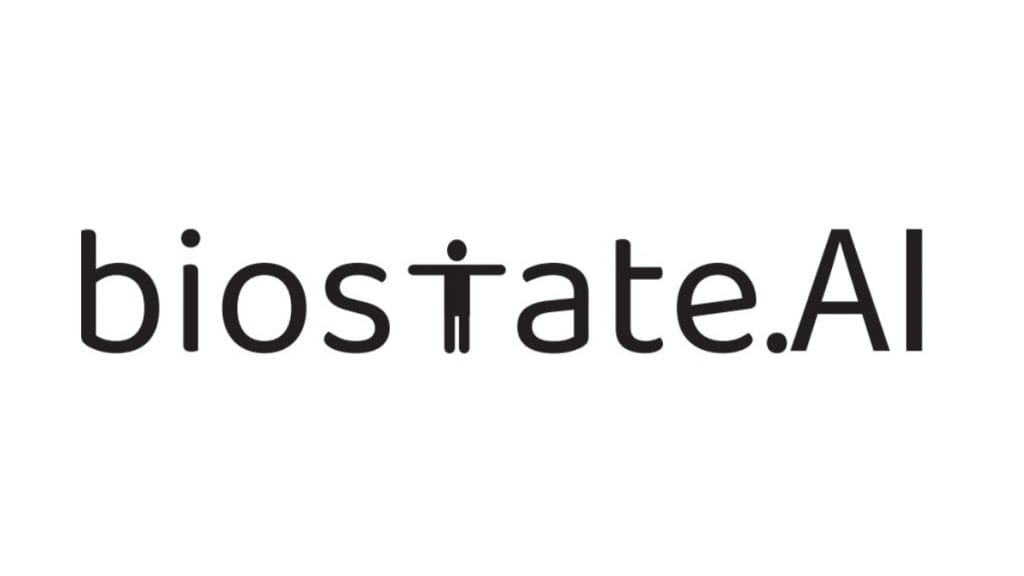New Delhi: Biostate AI has stepped out of stealth mode in Palo Alto, CA and Houston, TX, introducing two new services: Total RNA sequencing and Copilot for RNAseq data analysis. The startup’s goal is to collaborate with academic researchers, hospital biorepositories, and pharmaceutical and biotech companies. They aim to use their advanced technologies to collect large-scale biological data, foster scientific discoveries, and enhance AI learning in biomedicine.
“Training any AI well requires large quantities of relevant and high-quality data,” says David Zhang, co-founder and CEO of Biostate AI. “Biostate AI has developed the instrumental technologies to help collect more biological data at lower costs and is pleased to offer these capabilities to academic and industry partners and collaborators.”
Biostate’s Total RNA sequencing uses its patent-pending Barcode-Integrated Reverse Transcription (BIRT) technology to affordably, scalably, and comprehensively analyze all types of RNA. In contrast, typical gene expression profiling using RNA sequencing (RNAseq) typically only captures information from the roughly 30,000 messenger RNA species, ignoring the 300,000 species of non-coding RNA that includes long non-coding RNAs (lncRNAs), micro RNAs (miRNAs), circular RNAs (circRNAs), and others.
Biostate has filed 9 pending patents on its technologies and collaborates with a number of industry partners on technology development, including Twist Biosciences. Biostate AI also recently in-licensed further intellectual property (IP) from the California Institute of Technology to expand the range of biomolecules analyzed.
“Biostate AI’s approach will dramatically reduce the amount of animal testing performed by pharma and biotech companies in preclinical studies,” said Fred Farina, Chief Innovation and Corporate Partnerships Officer at Caltech. “We are proud to support Caltech alumni David and Ashwin in the form of both financial investment and intellectual property licensing.”
To date, Biostate AI has raised more than $4M in venture funding. Matter Venture Partners led the funding round, with participation from institutional investors Vision Plus Capital, Catapult VC, and the Caltech Fund. Individual investors in the round included Dario Amodei (CEO of Anthropic), Joris Poort (CEO of Rescale), Michael Schnall-Levin (CTO of 10X Genomics) and Emily Leproust (CEO of Twist Biosciences).
“As a US company, Biostate’s affordable AI-embedded CRO services are much needed today as the supply of preclinical research services shrinks due to geopolitical tensions,” said Haomiao Huang, general partner at Matter Venture Partners. “Simultaneously, Biostate’s ultimate vision of individualized AI to predict drug effects would revolutionize medicine and health and potentially unlock a new trillion dollar market.”
The ultimate goal of Biostate AI is to build AI that can predict human and animal health changes, including toxicity and efficacy responses to drugs. The team has recently demonstrated RNA expression in blood taken from rats before drug dosing can predict survival with a Hazard Ratio of 8. To scale this proof of concept demonstration to prediction of toxicity in humans for novel drugs, far more data must be collected, analyzed, and fed into AI models for training. In this course ofthis data collection, petabytes of RNAseq and other omics data must be collected, interpreted, and tokenized.
“Bioinformatic analysis of RNAseq and other omics data is a highly complex, multi-step process that currently takes many hours of dedicated specialized programming,” said Ashwin Gopinath, co-founder and CTO of Biostate AI. “As we scaled up our RNAseq data collection in the past year, we started building OmicsWeb Copilot as an internal tool to help our scientists make sense of the data. And then we realized other people may also find this tool useful, so we’re opening it up to the general public for free.”
OmicsWeb Copilot, Biostate’s conversational AI launched today, helps biologists analyze and visualize data. OmicsWeb leverages state-of-the-art large-language models (LLMs) to understand user requests and intent to build customized software and scripts for data analysis. In addition to analyzing the user’s own uploaded data, Copilot also allows the user to use and analyze over 1000 unique RNAseq datasets collected by the Biostate team. Copilot is being fine-tuned on 5000 proprietary RNAseq datasets so that it can perform analyses and anomaly detection, which is only possible after being trained on massive amounts of high-quality RNAseq data. The Copilot tool is being offered completely for free to academic and nonprofit users and researchers.





